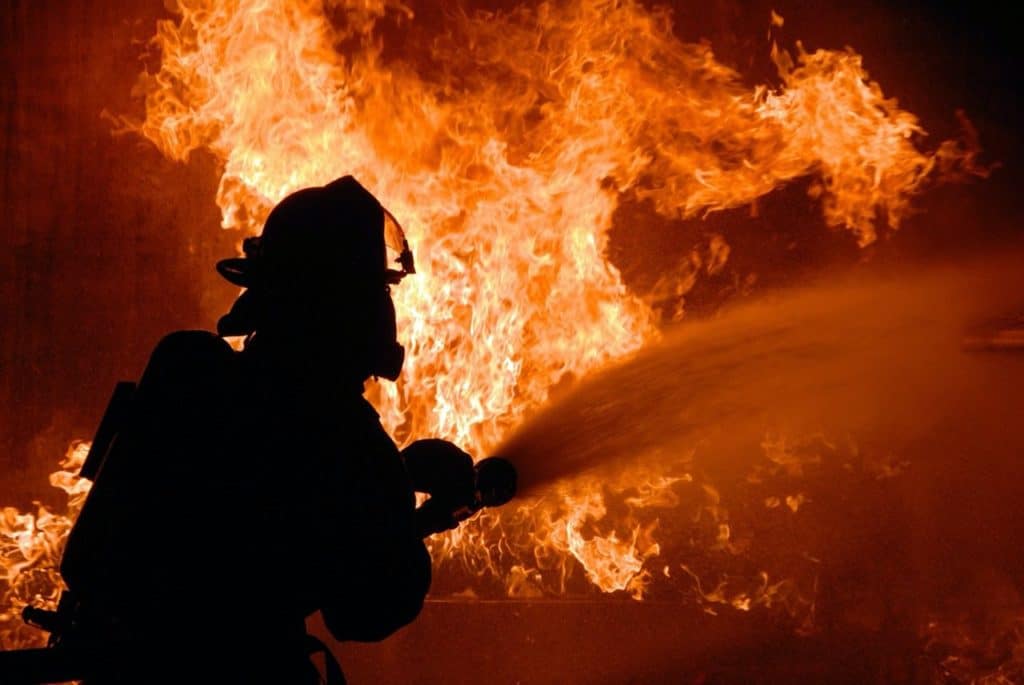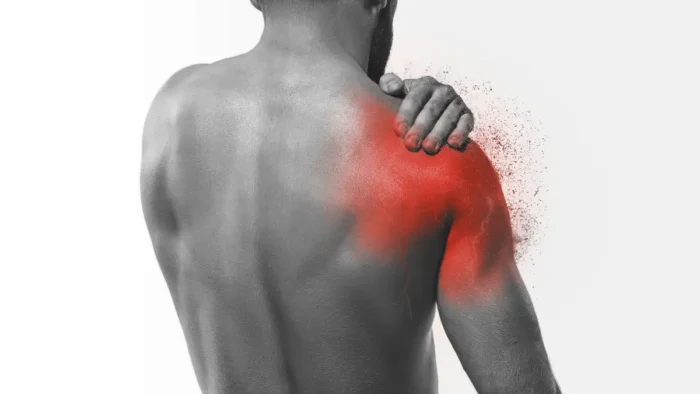In the event of a fire, as a firefighter, you act swiftly to suppress it to protect lives, environment, and property. But do you know that you are exposed to health risks? Well, in this article, we will take you through what you ought to know about the health risks you are exposed to as a firefighter. This way, you can protect yourself as you protect the lives and property of other people. Let’s get started, shall we?
Health risks you ought to know as a firefighter
Cardio-vascular disease
In the US, 45% of deaths experienced in the line of duty are a result of cardiovascular diseases due to exposure to smoke, soot or chemicals in the air, heatstroke and tedious muscular work. Moreover, you are at a higher risk of cardiovascular diseases if you smoke or are physically unfit.
Cancer
According to the International Association of Firefighter, cancer is the leading killer of firefighters. Inhaling soot and toxic chemicals from burning plastic, polyurethane, and synthetic building materials can cause cancer. However, the major cause of cancer to firefighters is exposure to aqueous firefighting foam (AFFF) which is composed of perfluoroalkyl and polyfluoroalkyl substances (PFAS) that are carcinogenic.
As a result of exposure to firefighting foam, you may be at risk of developing cancers of the kidney, pancreas, prostate, testicles, and leukemia just to mention but a few. Sadly, even with this knowledge, the manufacturers of the firefighting foam continue to produce it.
Now, if you or your loved one has got cancer from the use of firefighting foam, then you should seek compensation. Yes, you can seek compensation by filing a lawsuit with a competent lawyer who can help fight for your rights. It is unfair to incur health damages and suffering due to exposure to a chemical that the manufacturer or the department knows has the potential to cause cancer but still keeps using.
Respiratory diseases
Exposure to toxicants and respiratory irritants like combustion products, chemicals, and other gases during firefighting can also cause you short term respiratory effects. This includes conditions like hypoxemia or long term effects like chronic bronchitis. Again, the effects are more likely if you are a cigar rate smoker.
Injuries
During firefighting, you may experience injuries such as burns, cuts, strains, or sprains. The open wound from burn or cuts can lead to viral diseases such as HIV, Hepatitis B, and C when they come into contact with infected blood. On the other hand, strains and sprains can impair your ability to move and live normally again.
Mental stress
Your situation of work as a firefighter can be traumatic, especially in a fire occurrence with many casualties. Also, the process of saving and aiding survivors is usually stressful, and if you are not able to handle the stressful situation well, it may result in Post-Traumatic Stress Disorder. You can experience symptoms such as anxiety, depression, and flashbacks and the likes that can affect your well-being.
What can you do to protect yourself?
As a firefighter, you need to take measures that protect you from the above health effects
Therefore;
- Always wear Personal Protective Equipment (PPE’s) and Self-Contained Breathing Apparatus (SCBA) to avoid contact and inhalation of toxicants.
- Wear heat resistant PPE’s to avoid burns
- Improve your physical lifestyle and quit smoking to reduce the chances of some of the health risks in firefighting
- Get training on potential mental and physical stress and how to handle them.
In conclusion
As a firefighter, you need to know the health effects that you are exposed to so that you can take the appropriate measures to protect yourself. Also, do not hesitate to file a lawsuit for compensation of losses if exposure to toxins like firefighting foam affects your health.





